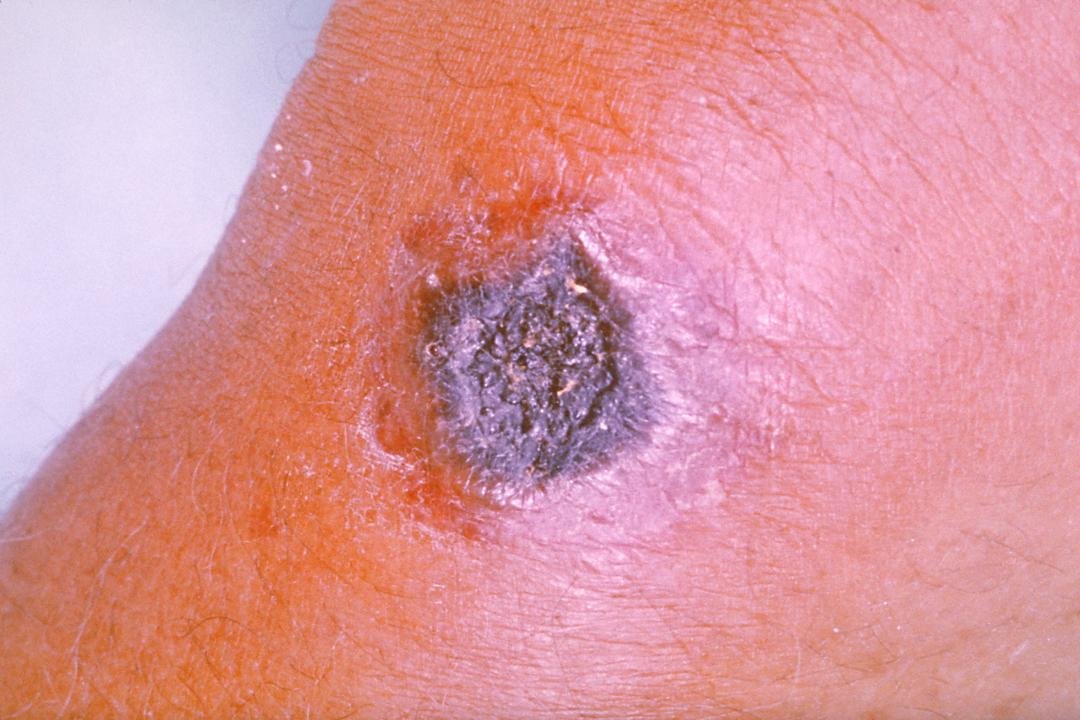[ad_1]
The Federal Capital Territory Administration (FCTA) says it is improving surveillance across all borders of the Federal Capital Territory to guard against anthrax.
Regina Adaulugba, the Director of Veterinary, Agriculture and Rural Development Secretariat, FCTA, stated this in a chat with journalists in Abuja on Thursday.
Ms Adaulugba described anthrax as a “serious infectious disease caused by a bacteria known as Bacillus anthracis”, adding that it occurs naturally in soil and commonly affects domestic and wild animals.
She explained that the surveillance became necessary following the reported anthrax cases in June in parts of West Africa, including neighbouring Ghana.
Ms Adaulagba noted that although Nigeria has not recorded a single case yet, the FCT Administration was proactive by mounting surveillance control posts in all city borders to prevent an outbreak.
She assured residents that the emergency preparedness department of the epidemiology unit was prepared to handle on-the-spot analysis and carry out active and passive surveillance.
“As we speak, the unit has the equipment to do something immediately in case of an outbreak before we ask for external assistance,” she assured.
She also disclosed that the FCTA has embarked on a sensitisation campaign, targeting high-risk individuals and groups, such as herders, butchers and other stakeholders.
The director explained that the campaign aligned with the Federal Ministry of Agriculture and Rural Development directives to all states to raise awareness about the disease.
She said the campaign was in collaboration with the Federal Ministry of Agriculture, Nigeria Centre for Disease Control, and Environmental, Health, and Human Services Secretariats of the FCTA.
“We had done one sensitisation programme already in Deidei and Karu abattoirs, where we enlightened butchers and meat handlers about the disease.
“This is because they are the people at high risk of contracting the disease, so they can take proper precautions,” she said.
Ms Adaulugba advised residents and butchers to avoid buying, selling or slaughtering sick animals as a precaution against the disease.
She listed some symptoms as high fever, sudden death, and nose, mouth and ear bleeding.
The director urged residents and animal handlers to report symptoms to veterinary clinics and centres close to them for proper measures to be taken.
Ms Adaulugba added that flyers and handbills with illustrations and pictures would be produced to show people, particularly herders, what to look out for and measures to avoid contracting the disease.
(NAN)
[ad_2]
Source link



